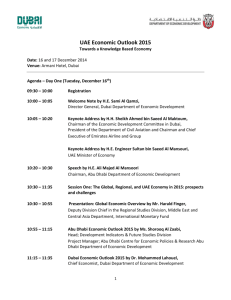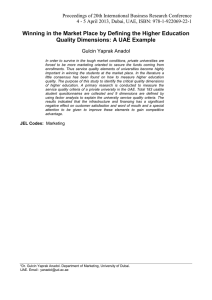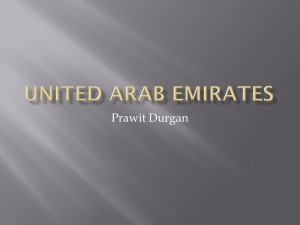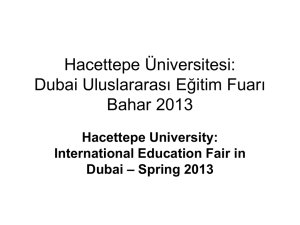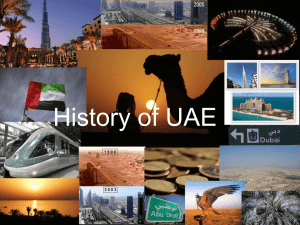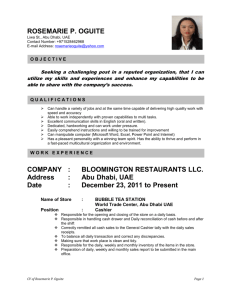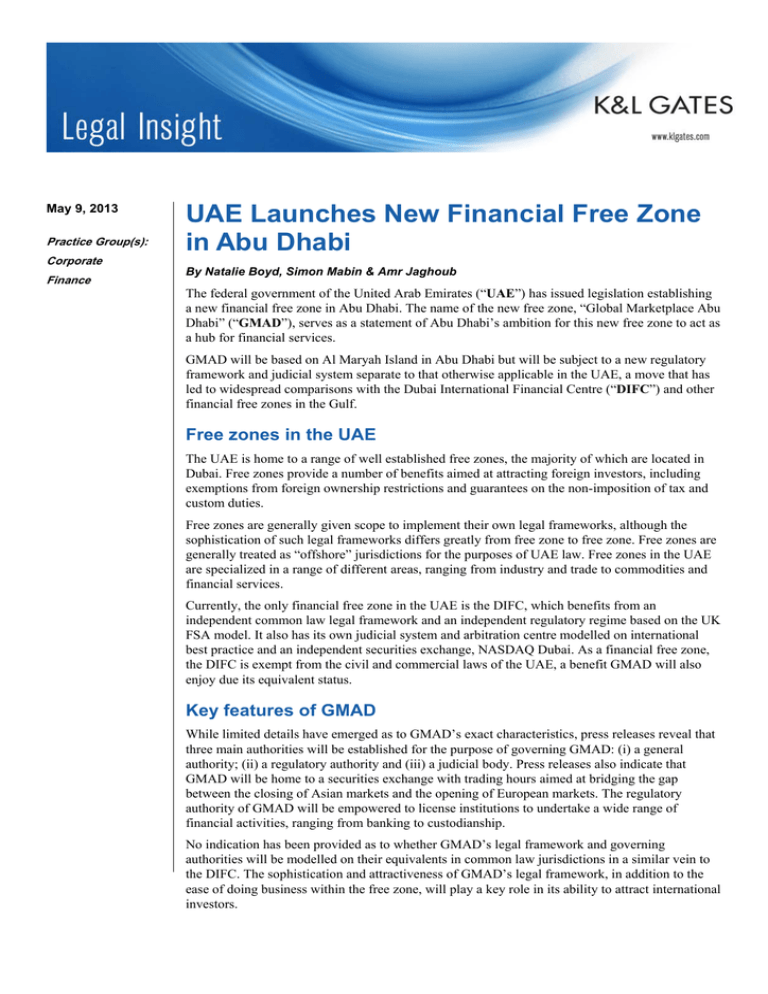
May 9, 2013
Practice Group(s):
Corporate
Finance
UAE Launches New Financial Free Zone
in Abu Dhabi
By Natalie Boyd, Simon Mabin & Amr Jaghoub
The federal government of the United Arab Emirates (“UAE”) has issued legislation establishing
a new financial free zone in Abu Dhabi. The name of the new free zone, “Global Marketplace Abu
Dhabi” (“GMAD”), serves as a statement of Abu Dhabi’s ambition for this new free zone to act as
a hub for financial services.
GMAD will be based on Al Maryah Island in Abu Dhabi but will be subject to a new regulatory
framework and judicial system separate to that otherwise applicable in the UAE, a move that has
led to widespread comparisons with the Dubai International Financial Centre (“DIFC”) and other
financial free zones in the Gulf.
Free zones in the UAE
The UAE is home to a range of well established free zones, the majority of which are located in
Dubai. Free zones provide a number of benefits aimed at attracting foreign investors, including
exemptions from foreign ownership restrictions and guarantees on the non-imposition of tax and
custom duties.
Free zones are generally given scope to implement their own legal frameworks, although the
sophistication of such legal frameworks differs greatly from free zone to free zone. Free zones are
generally treated as “offshore” jurisdictions for the purposes of UAE law. Free zones in the UAE
are specialized in a range of different areas, ranging from industry and trade to commodities and
financial services.
Currently, the only financial free zone in the UAE is the DIFC, which benefits from an
independent common law legal framework and an independent regulatory regime based on the UK
FSA model. It also has its own judicial system and arbitration centre modelled on international
best practice and an independent securities exchange, NASDAQ Dubai. As a financial free zone,
the DIFC is exempt from the civil and commercial laws of the UAE, a benefit GMAD will also
enjoy due its equivalent status.
Key features of GMAD
While limited details have emerged as to GMAD’s exact characteristics, press releases reveal that
three main authorities will be established for the purpose of governing GMAD: (i) a general
authority; (ii) a regulatory authority and (iii) a judicial body. Press releases also indicate that
GMAD will be home to a securities exchange with trading hours aimed at bridging the gap
between the closing of Asian markets and the opening of European markets. The regulatory
authority of GMAD will be empowered to license institutions to undertake a wide range of
financial activities, ranging from banking to custodianship.
No indication has been provided as to whether GMAD’s legal framework and governing
authorities will be modelled on their equivalents in common law jurisdictions in a similar vein to
the DIFC. The sophistication and attractiveness of GMAD’s legal framework, in addition to the
ease of doing business within the free zone, will play a key role in its ability to attract international
investors.
UAE Launches New Financial Free Zone in Abu Dhabi
A competitor to the DIFC?
Since the enactment of the laws establishing GMAD, many comparisons have been made with the
DIFC in Dubai, which is nearing its tenth year of operations and has positioned itself as the
premier financial hub of the Middle East and North Africa region. As more details emerge, it will
become clearer as to whether GMAD will act as a competitor to the DIFC or whether it will seek
to complement it by targeting a separate market. The establishment of GMAD, however, is an
important step in Abu Dhabi’s goal of diversifying its economy and attracting further international
investment, and will act to further strengthen the UAE’s overall position as the premier financial
hub of the region.
For more information, please contact one of the authors.
Authors:
Natalie Boyd
natalie.boyd@klgates.com
+971.4.427.2731
Simon Mabin
simon.mabin@klgates.com
+971.4.427.2730
Amr Jaghoub
amr.jaghoub@klgates.com
+971.4.427.2732
Anchorage Austin Beijing Berlin Boston Brisbane Brussels Charleston Charlotte Chicago Dallas Doha Dubai Fort Worth Frankfurt
Harrisburg Hong Kong Houston London Los Angeles Melbourne Miami Milan Moscow Newark New York Orange County Palo Alto
Paris Perth Pittsburgh Portland Raleigh Research Triangle Park San Diego San Francisco São Paulo Seattle Seoul Shanghai
Singapore Spokane Sydney Taipei Tokyo Warsaw Washington, D.C. Wilmington
K&L Gates practices out of 48 fully integrated offices located in the United States, Asia, Australia, Europe, the
Middle East and South America and represents leading global corporations, growth and middle-market
companies, capital markets participants and entrepreneurs in every major industry group as well as public
sector entities, educational institutions, philanthropic organizations and individuals. For more information
about K&L Gates or its locations, practices and registrations, visit www.klgates.com.
This publication is for informational purposes and does not contain or convey legal advice. The information herein should not be used or relied upon
in regard to any particular facts or circumstances without first consulting a lawyer.
©2013 K&L Gates LLP. All Rights Reserved.
2


